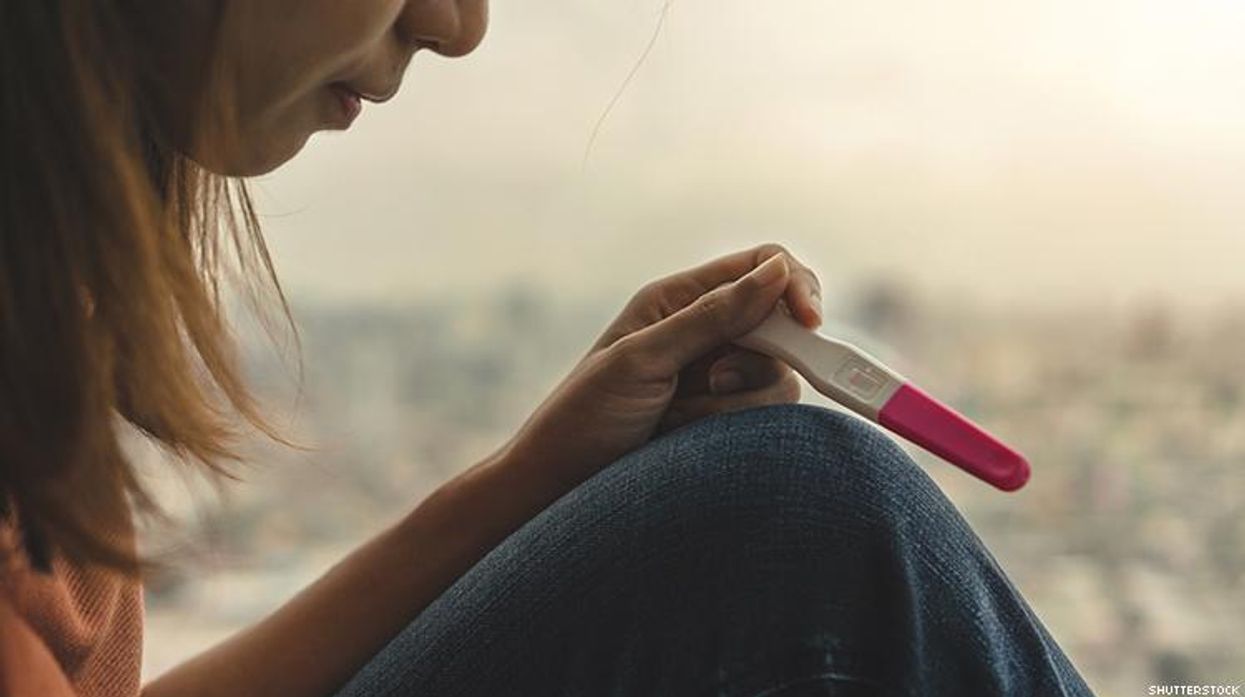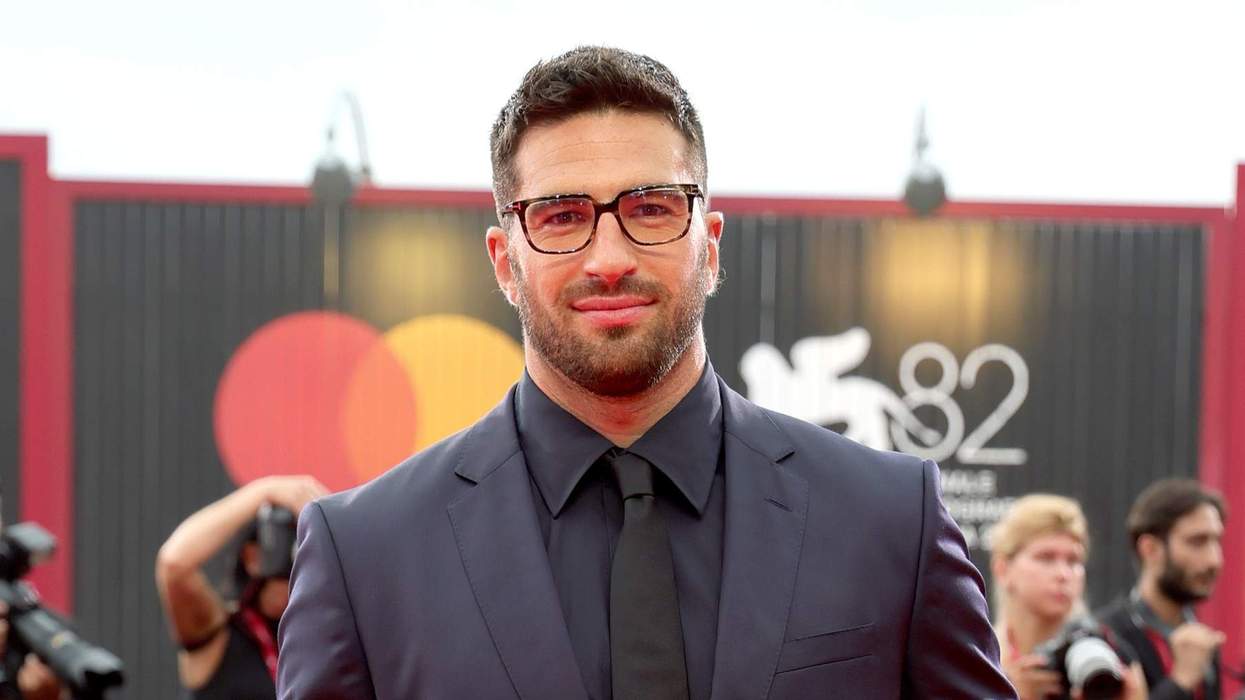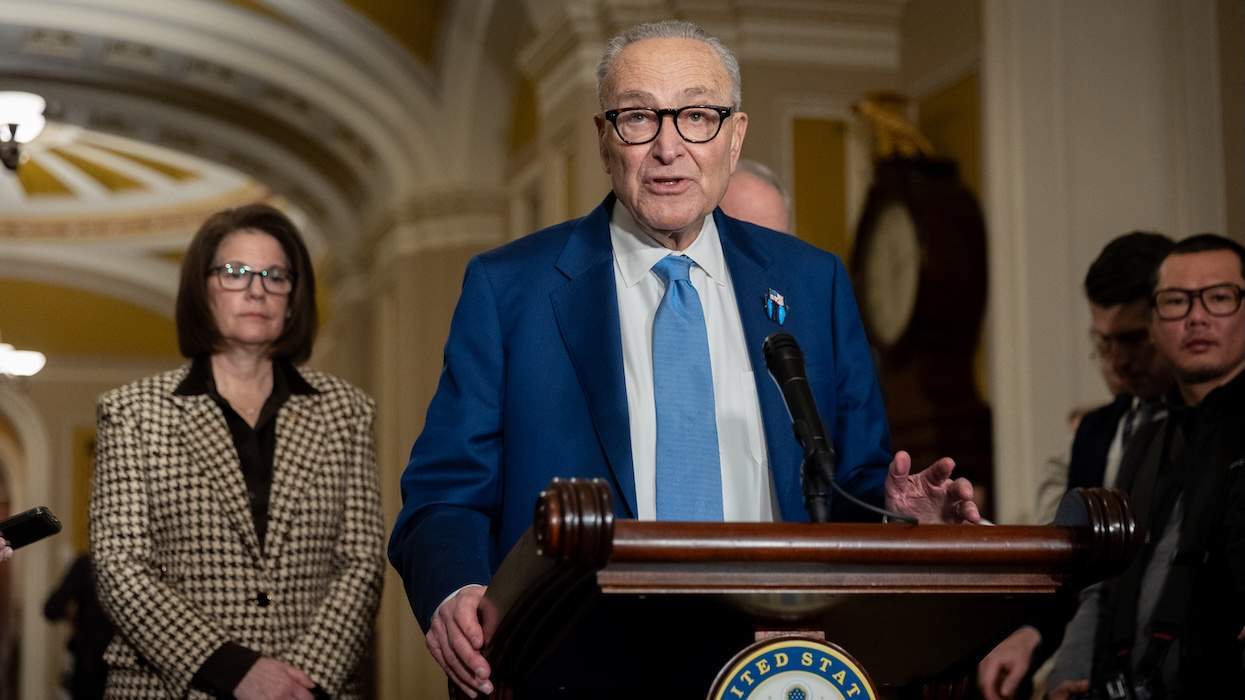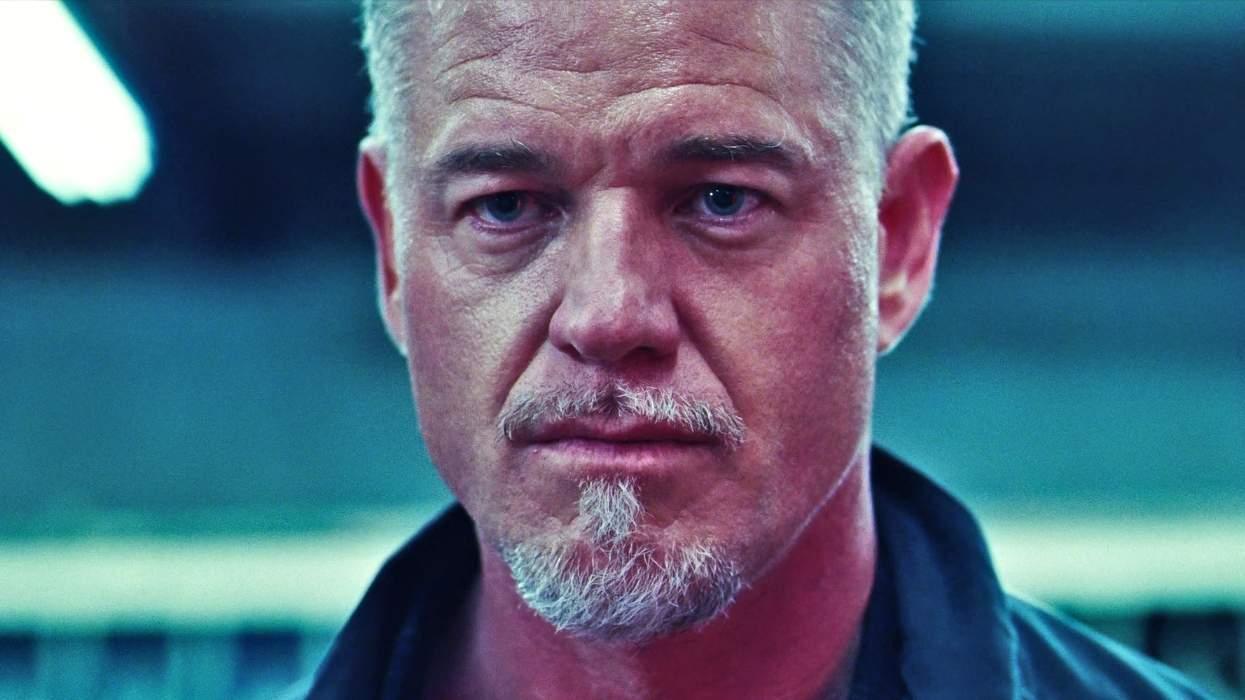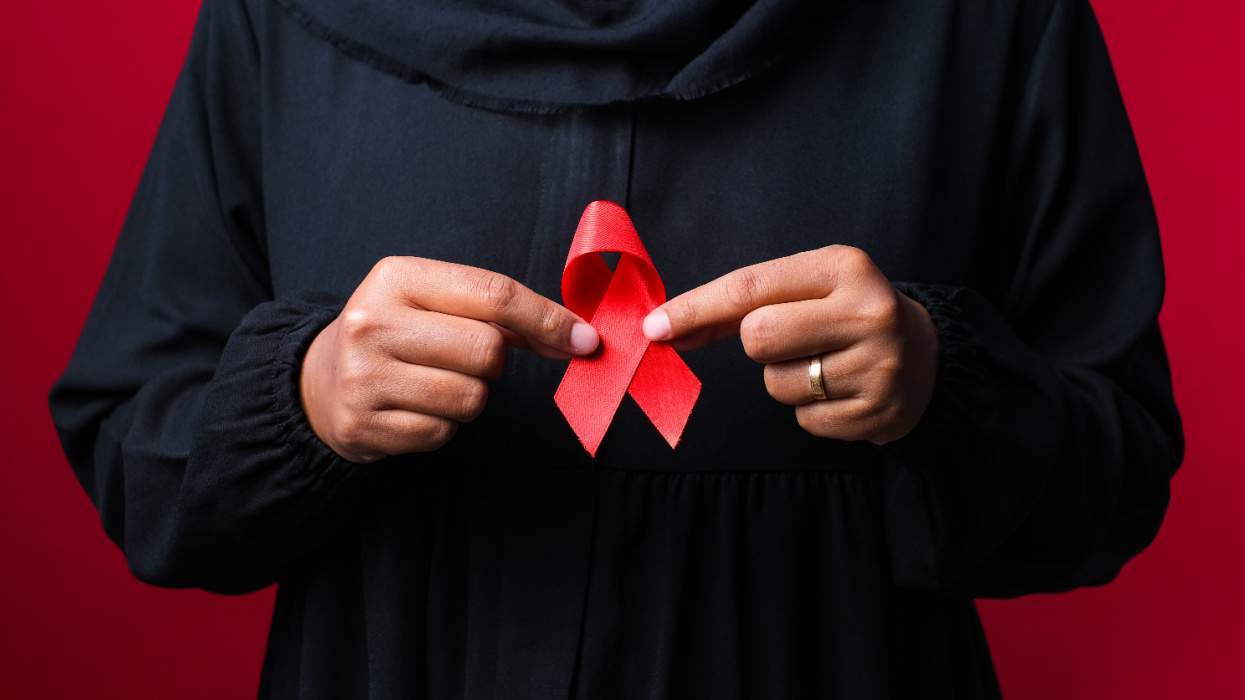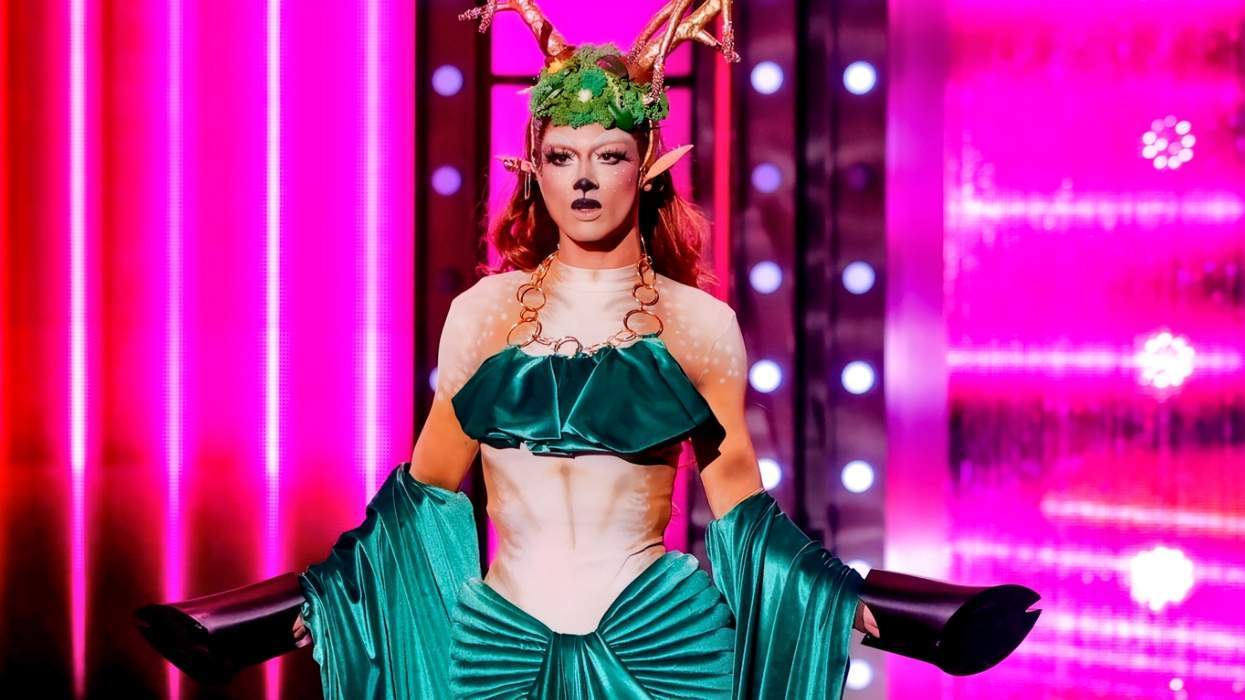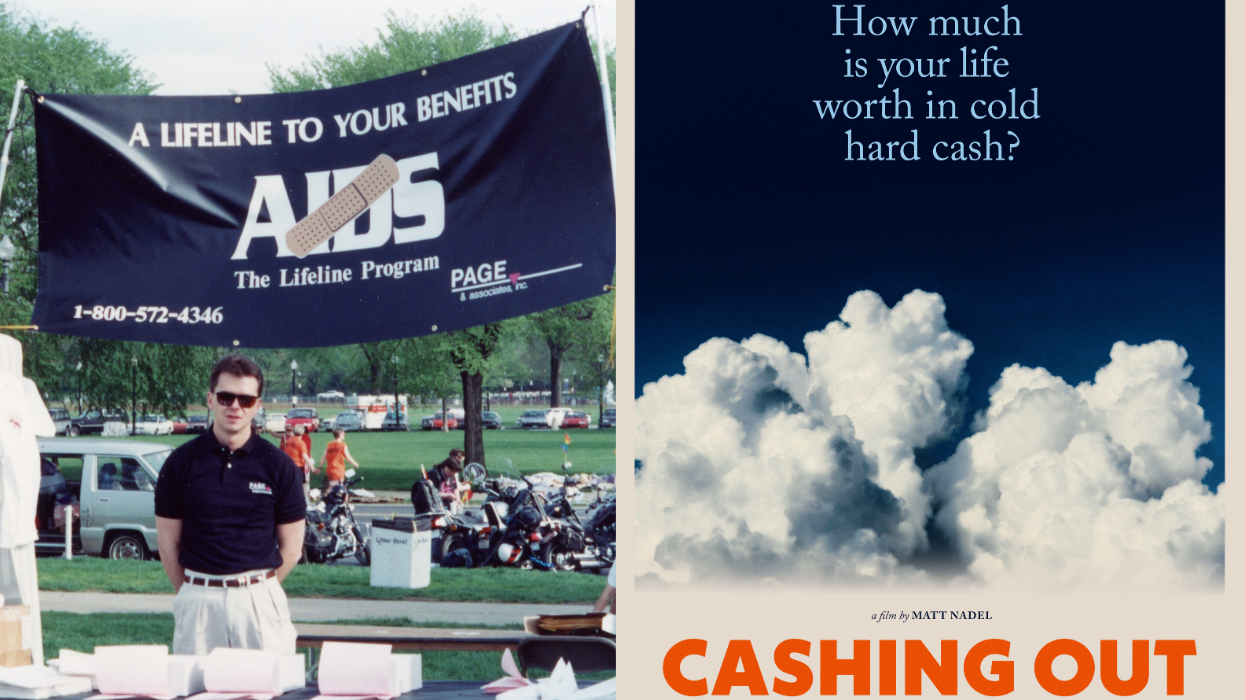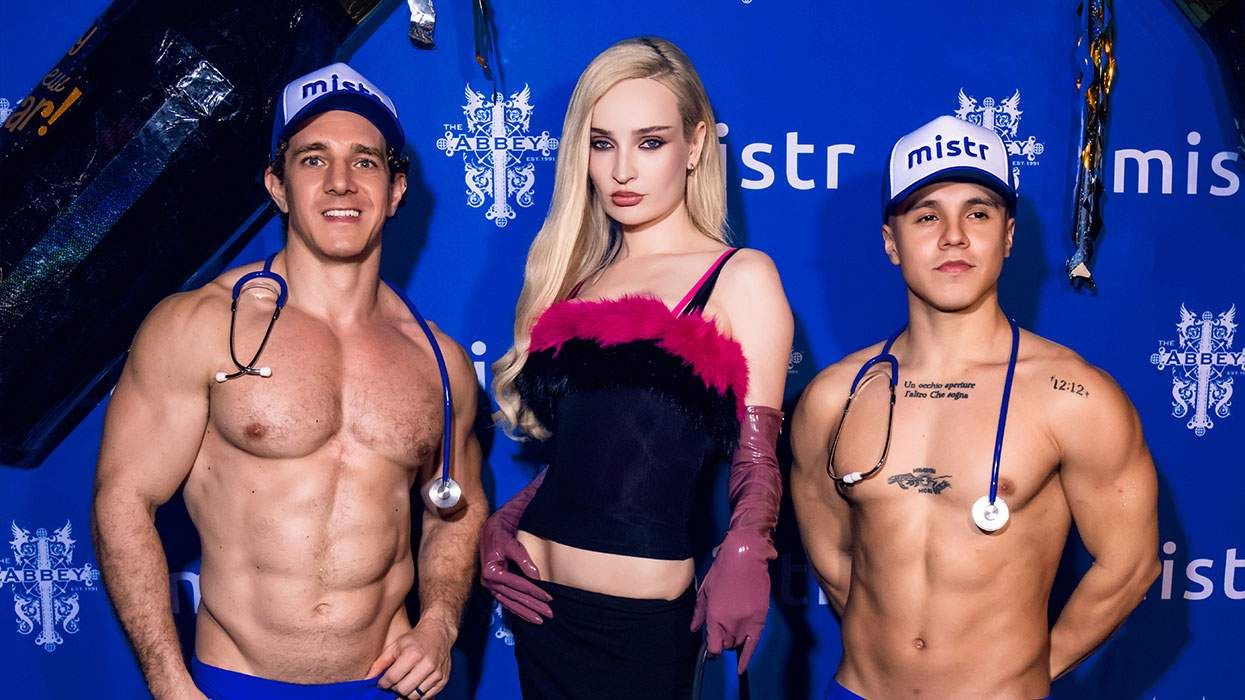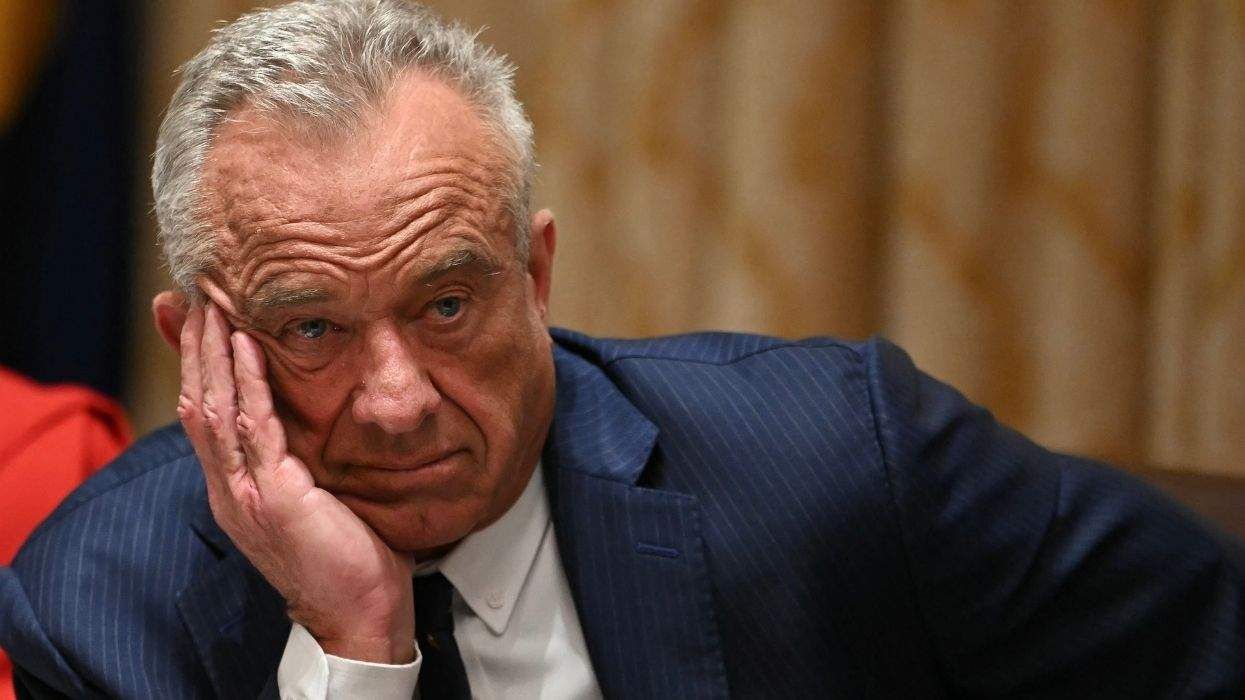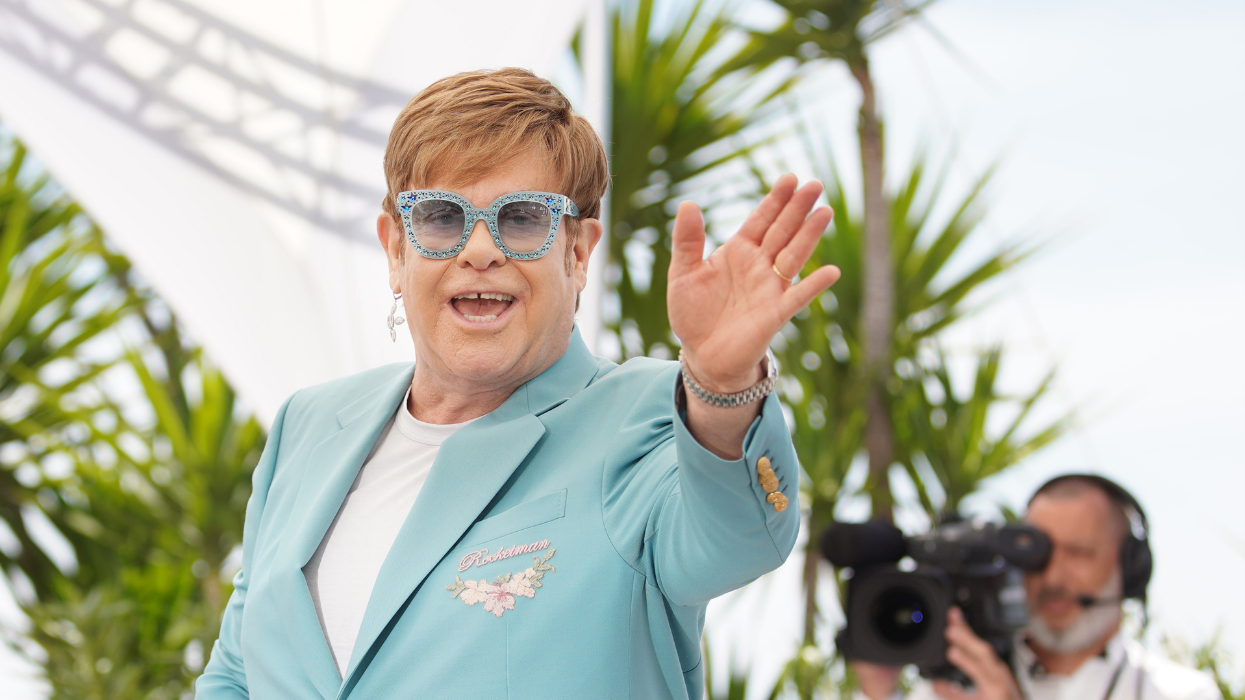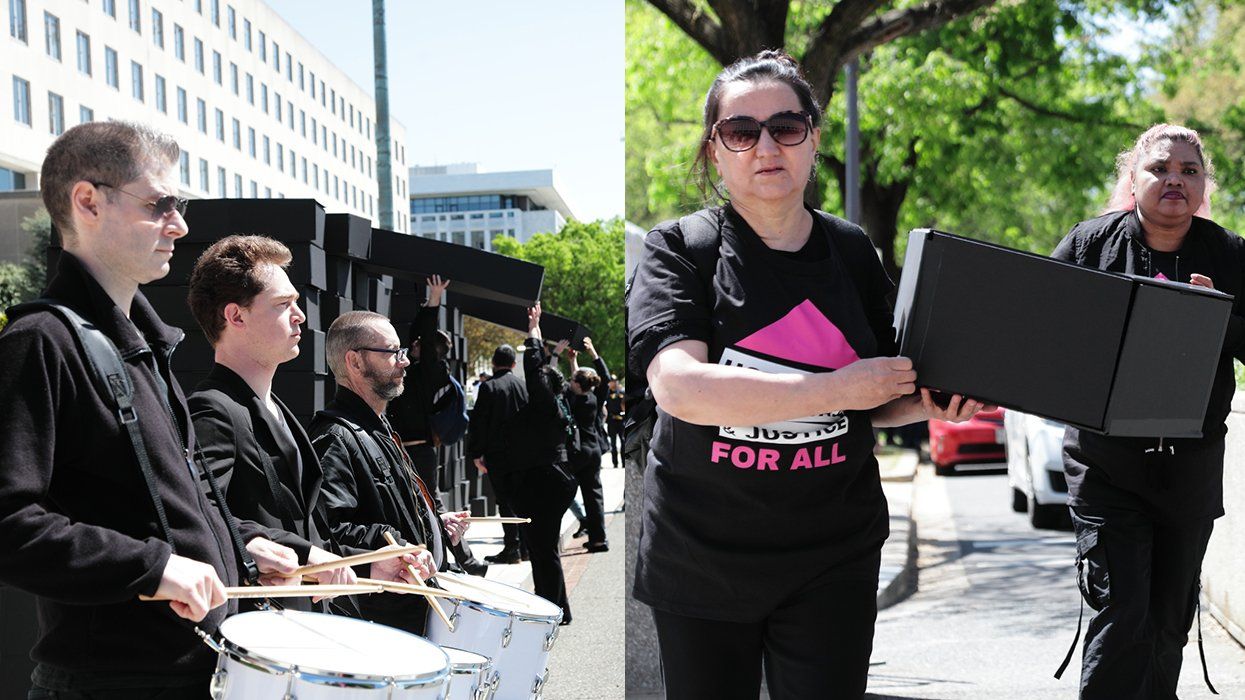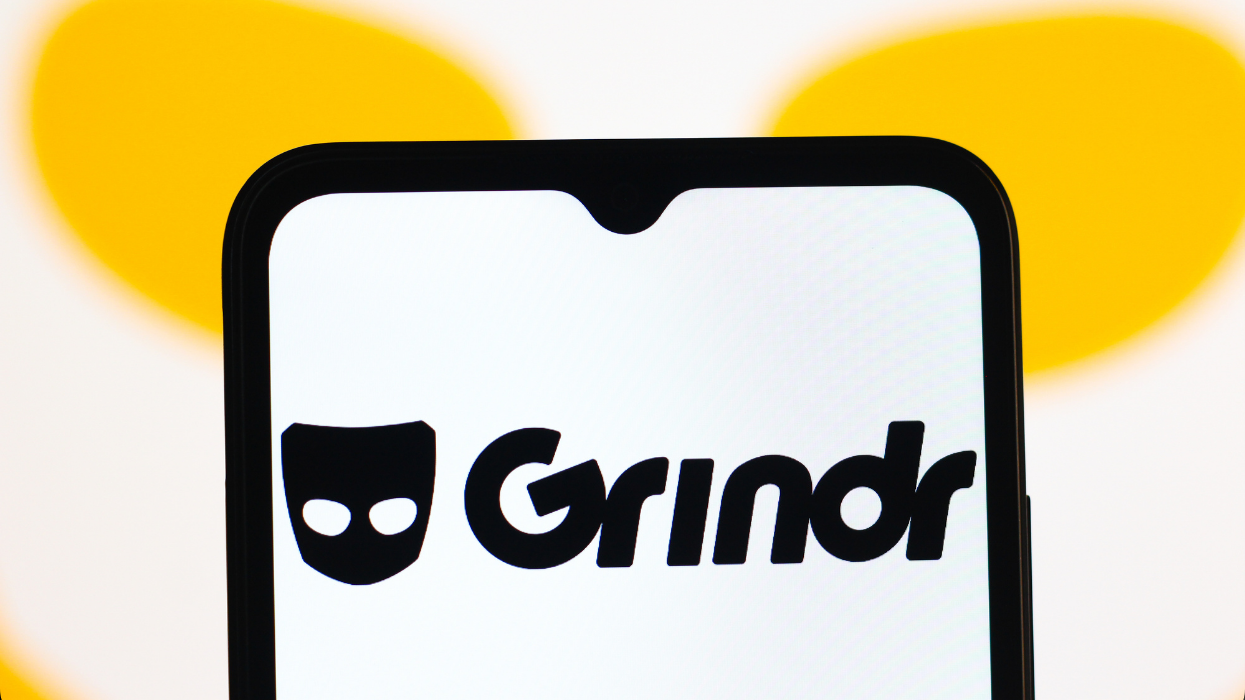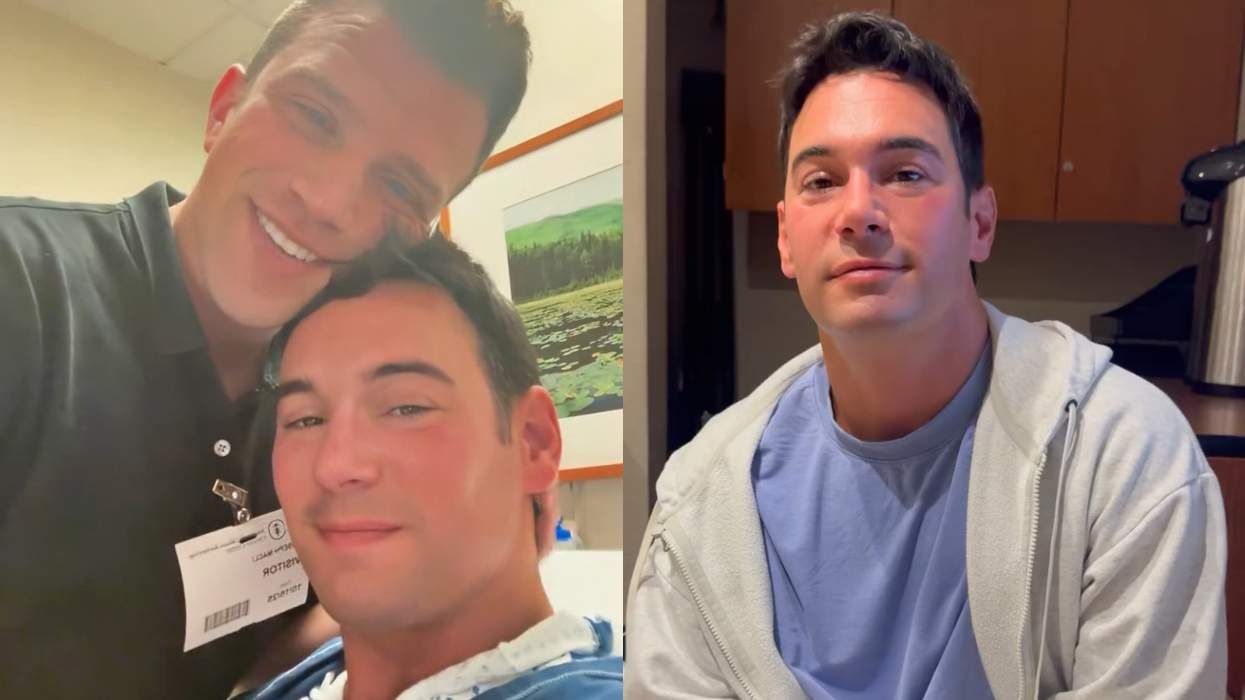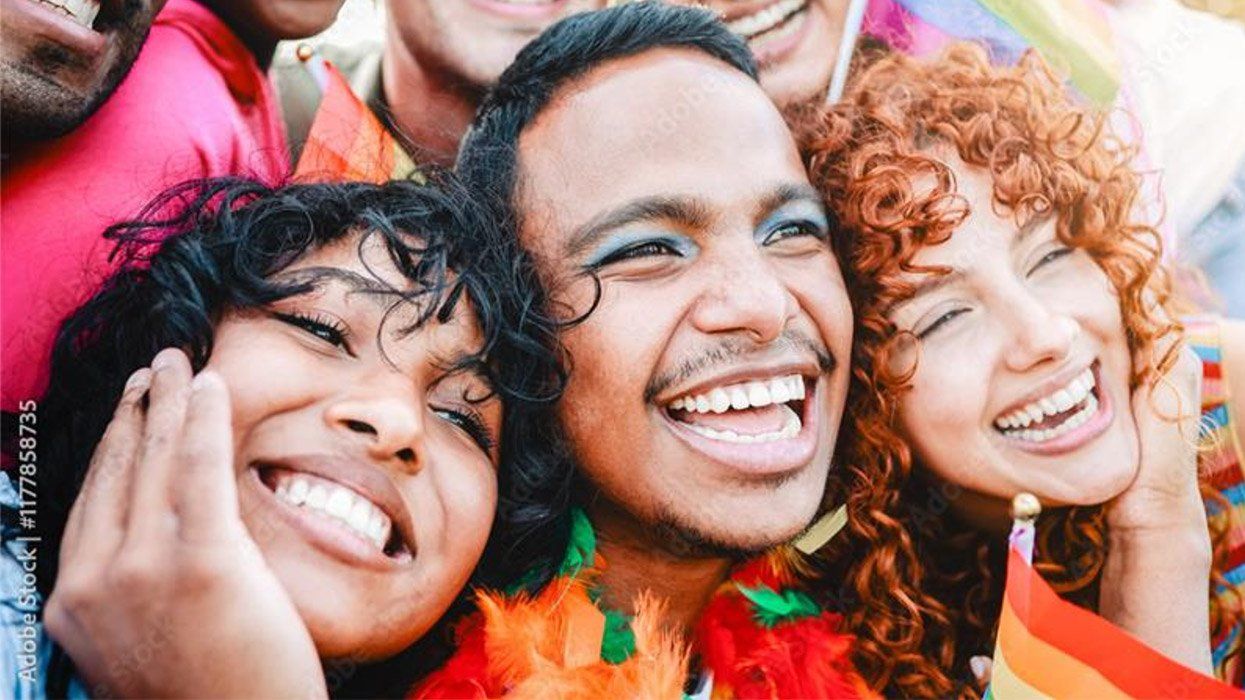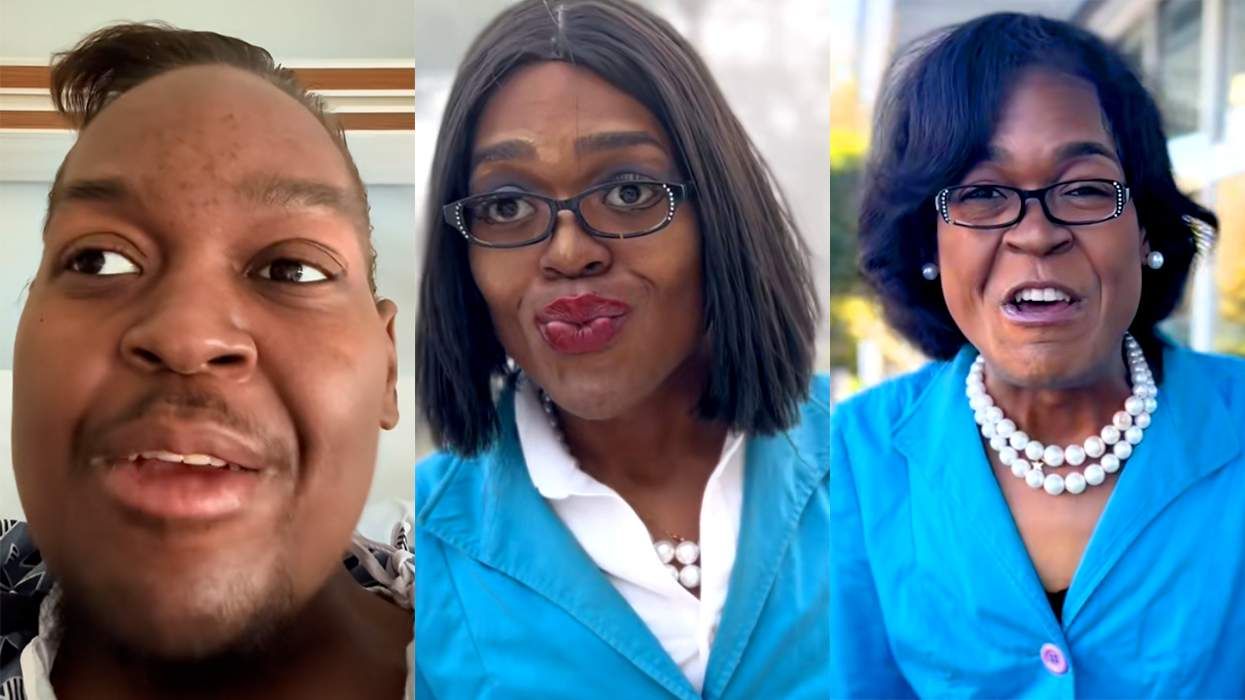My wife and I chose names early, before the daily hormone injections, blood draws, and ultrasounds began. Jeanne Lee or Patrick Ray, names of honored and beloved family and friends. The quest to expand our family was rooted in both hope and fear. We pursued biological children, with me as the carrier, and found our reproductive endocrinologist at a LGBTQ+ event called, "Maybe Baby." The following two years, I went through all the emotions -- hope, frustration, joy, and worry --as it became apparent that despite all labs and tests indicating I was ready to conceive, I wasn't getting pregnant.
As a queer Louisianan trying to get pregnant in the deep South, I would quickly learn that groups seeking to regulate a woman's constitutional right to bodily autonomy are also seeking to regulate and restrict LGBTQ+ couples from creating their families.
No one tells you how isolating it is to be struggling with infertility as a lesbian. While heterosexual couples filled our physician's office, I rejected the idea of attending an infertility support group thinking I'd be too much of an outlier. Instead, I joined every queer-trying-to-conceive (TTC in the lingua franca of the infertile) Facebook page I could find. I learned about the best sperm banks in the country and saw baby bumps and birth pictures from LGBTQ families across the world. Never had I been so focused on the machinations of my cervical mucus, basal temperature, sex drive, and hormone levels. I bought boxes of fertility predictor kits and researched the best apps for tracking and pinpointing my ovulation date. Every two-week wait was an agonizing dance between success and failure.
As our fertility journey brought us from unmedicated intrauterine insemination (IUI), to medicated IUIs, and onto the final frontier, in vitro fertilization (IVF), we were informed of "special Louisiana paperwork" we needed to sign with a notary. Louisiana politicians tout the state as the most anti-abortion in the country. I was familiar with this stance based on my years of volunteering with the New Orleans AbortionFund as a clinic escort, and as a concerned nurse familiar with the serious health implications that come with lack of access to safe and affordable abortions. The paperwork indicated that even if my embryos were genetically abnormal -- for example, they would not result in a safe pregnancy or birth -- they must be kept because the embryos are considered a "judicial person" under Louisiana law. We would then need to pay for their preservation for life or we could arrange transport to another state for their disposal. This disposal is considered an abortion by anti-abortion activists and legislators.
We signed and notarized the paperwork, learning that Louisiana is the only state in the country that awards "judicial personhood" to embryos, and began our IVF journey. After fertilization and genetic testing, we met with our physician whose first words were, "This discussion is not what we wanted." He described the single genetic abnormalities featured in each of our four fertilized eggs. We learned the biological sex of the embryos, and I expressed my appreciation of the advanced genetic testing, knowing that without it, I would have either failed to implant the embryo, or miscarried on four, heart-wrenching occasions.
My wife asked in earnest if we could have just chosen sub-par sperm. The physician explained that this was an unlikely possibility, with my eggs being the more likely culprit. He told us that we could still go for another cycle that would hopefully result in the production of more eggs, but there were no guarantees.
Due to Louisiana's personhood legislation, my damaged embryos are frozen. They will never result in a viable fetus, or health pregnancy and delivery. Another option before us was to try and find a donor embryo through an "adoption" program, many of which are affiliated with anti-abortion groups. These groups are also working with conservative lawmakers to prohibit same-sex couples from adopting and fostering children.
The methods that anti-choice groups employ to restrict a woman's bodily autonomy are often the same as those used to prohibit LGBTQ+ couples from creating their families. It is imperative to support LGBTQ+ anti-discrimination legislation for adoption, fostering, and embryo donation while also engaging in reproductive justice work. Our ability to choose, if, when, and how we make our families, is a basic freedom and a fundamental right exercised in confidential discussions with our healthcare providers.
Vanessa Shields-Haas is a registered nurse based in New Orleans and a volunteer with the New Orleans Abortion Fund.
RELATED | Why Reproductive Justice Is an LGBTQ+ Rights Issue


